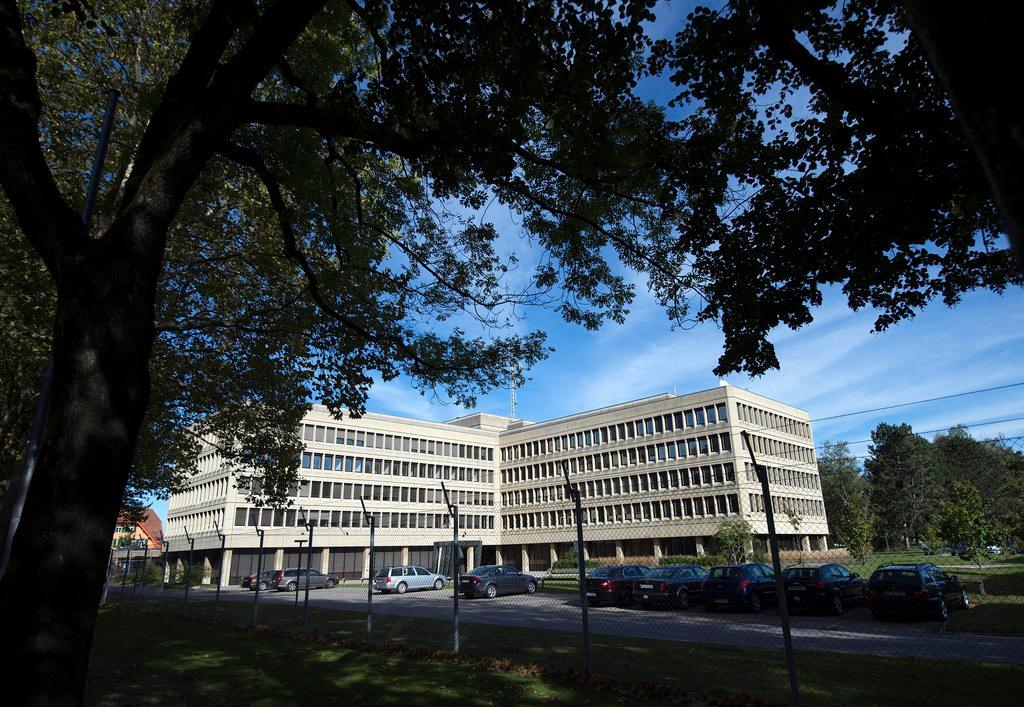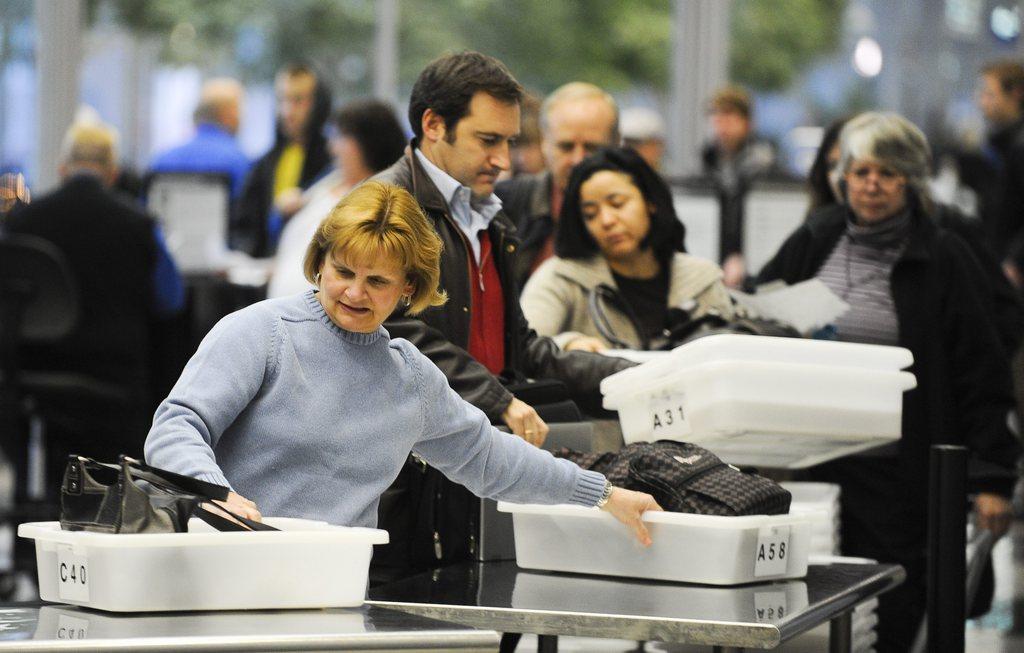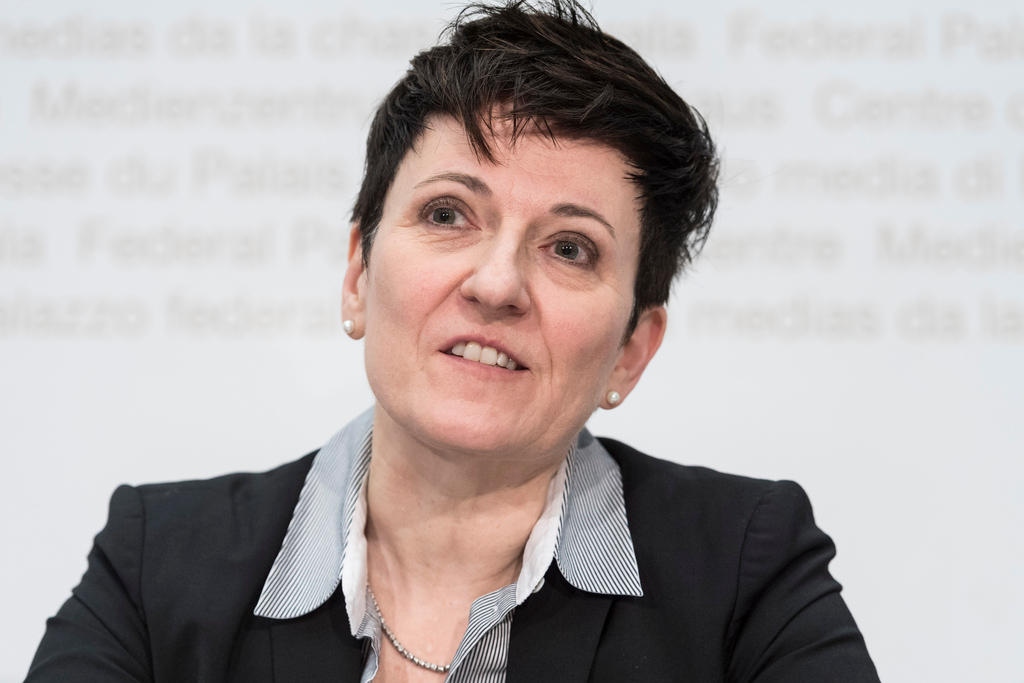Ninety people identified as being ‘at risk’ of jihadism

Switzerland’s intelligence service has created a new category for identifying and describing the estimated 90 individuals who could have connections to terrorist activity.
The new “at risk” for jihadism category was developed as part of the intelligence service’s 2017 annual report. At a press conference in Bern on Tuesday, intelligence service director Markus Seiler told reporters that the 90 individuals who fall under it are “Swiss converts, people with a migratory route, mostly men, usually young”. He indicated that they live mainly in urban agglomerations and are spread throughout the country.
The “at risk” individuals are already known to the intelligence service, Seiler noted, and their cases will not be treated any differently going forward. The statistics will be updated every six months in an effort to enhance transparency and clarity and aid comparisons with neighbouring countries. However, Seiler stressed that secret state surveillance would not play a role.
In addition, the intelligence service keeps tabs on some 500 other “virtual jihadists” active on the internet. These are people who regularly visit websites related to radical or violent Islam or who post comments or otherwise show support for jihadist activities. Criminal proceedings have already been opened in some 60 cases.
According to the annual report, travel for purposes of jihadist activity has declined, with no new departures from Switzerland to a conflict zone having been recorded since August 2016. The number of people returning from Syria or Iraq has also been falling since 2015.
Since 2001, there have been 88 such cases in total, with 14 individuals returning to Switzerland. Some were convicted and then freed.
Political extremism
The report also included data on political extremism in Switzerland, noting that events linked to rightwing extremism are rare, while those linked to leftwing extremism are more common.
It noted that it is important to make sure that Switzerland does not become an attractive place to hold extremist events and demonstrations, like the extreme rightwing concert held in St Gallen last year.
The intelligence service has been criticised for not doing a better job of preventing such events, but only cantonal authorities can forbid such a demonstration if there is a threat to public order.
The report showed that there has not been much extreme right activity against asylum centres, as in Germany. But migration issues can also encourage actions on the part of the extreme left, such as acts of sabotage aimed at preventing the expulsion of migrants, which have increased according to the intelligence service report.

In compliance with the JTI standards
More: SWI swissinfo.ch certified by the Journalism Trust Initiative




You can find an overview of ongoing debates with our journalists here. Please join us!
If you want to start a conversation about a topic raised in this article or want to report factual errors, email us at english@swissinfo.ch.